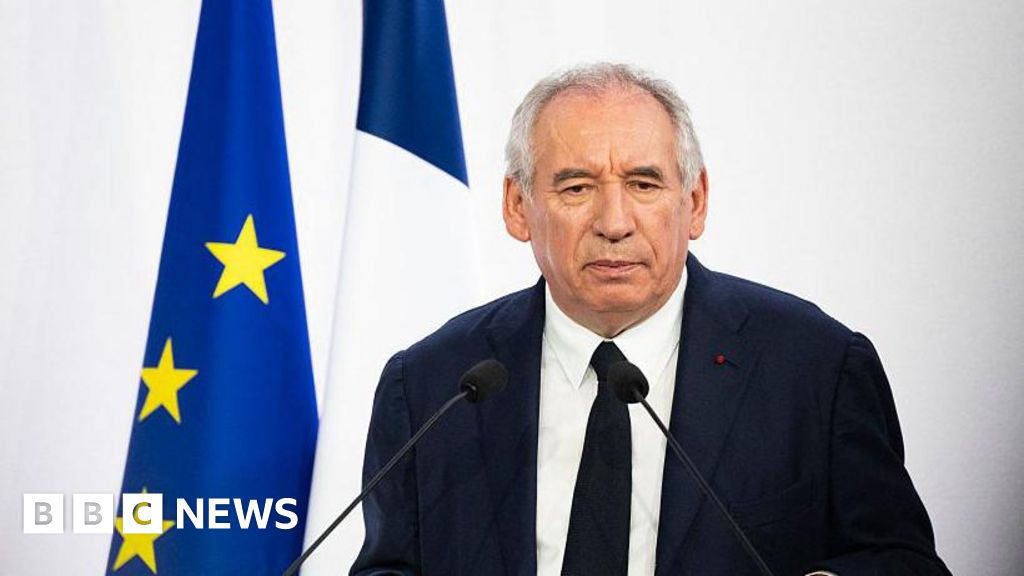In a significant parliamentary decision, French Members of Parliament (MPs) have voted to permit assisted dying for patients in the final stages of terminal illness, passing the bill with 305 votes in favor and 199 against. This landmark proposal, which has garnered support from President Emmanuel Macron, will now proceed to the Senate for further evaluation before returning to the National Assembly for a second reading. Proponents are optimistic that it could become law by 2027, positioning France as the eighth country in the European Union to permit some form of assisted dying.
The framework of this legislation is more restrictive compared to nations like the Netherlands and Belgium, both of which were pioneers in the legalization of such practices. A concurrent bill focused on ensuring the right to palliative care surfaced without opposition, highlighting a critical issue in the current healthcare system where an estimated 48% of patients in need are not receiving adequate palliative support.
A significant portion of the assembly's two-week deliberation concentrated on detailing the criteria for patients eligible for assisted dying. The approved measure stipulates that individuals must be afflicted by a serious, incurable disease that creates life-threatening conditions and is in an advanced or terminal stage, concurrently enduring unrelenting physical or psychological suffering. Patients wishing to pursue this option must express their intent clearly and will have a 48-hour waiting period before reaffirming their decision. The procedure, post-authorization by a physician, will involve self-administration of a lethal substance, or via medical assistance if the patient is unable.
The path to this approval saw MPs voting on the bill without party constraints, reflecting the deeply divided views among legislators. Consensus leaned towards support from centrist and left parties, while right and far-right factions expressed opposition. Conservative critics raised alarms regarding the bill's broad definitions, suggesting it may lead to vulnerable individuals, especially the elderly, feeling pressured to end their lives prematurely as a reaction to familial burdens.
Against this backdrop, protests occurred outside the National Assembly, featuring voices like a 44-year-old individual battling Parkinson's disease, equating the legislation to having a "loaded pistol" at her bedside. Additionally, some left-wing legislators sought to expand access to assisted dying to encompass minors, non-French nationals, and patients who provide prior directives concerning care preferences if incapacitated.
While the law stipulates that medical professionals who oppose assisted dying are not required to assist, it introduces legal penalties for obstructing such actions, with the risk of imprisonment for offenders. A proposed amendment to criminalize incitement to assisted dying was ultimately declined in the assembly session.
Prime Minister François Bayrou, a practicing Catholic, expressed his reservations, indicating that he would abstain if eligible to vote on the matter. While polarized views dominate the debate, the conversation on the ethics and implications of assisted dying continues to evolve in France.
The framework of this legislation is more restrictive compared to nations like the Netherlands and Belgium, both of which were pioneers in the legalization of such practices. A concurrent bill focused on ensuring the right to palliative care surfaced without opposition, highlighting a critical issue in the current healthcare system where an estimated 48% of patients in need are not receiving adequate palliative support.
A significant portion of the assembly's two-week deliberation concentrated on detailing the criteria for patients eligible for assisted dying. The approved measure stipulates that individuals must be afflicted by a serious, incurable disease that creates life-threatening conditions and is in an advanced or terminal stage, concurrently enduring unrelenting physical or psychological suffering. Patients wishing to pursue this option must express their intent clearly and will have a 48-hour waiting period before reaffirming their decision. The procedure, post-authorization by a physician, will involve self-administration of a lethal substance, or via medical assistance if the patient is unable.
The path to this approval saw MPs voting on the bill without party constraints, reflecting the deeply divided views among legislators. Consensus leaned towards support from centrist and left parties, while right and far-right factions expressed opposition. Conservative critics raised alarms regarding the bill's broad definitions, suggesting it may lead to vulnerable individuals, especially the elderly, feeling pressured to end their lives prematurely as a reaction to familial burdens.
Against this backdrop, protests occurred outside the National Assembly, featuring voices like a 44-year-old individual battling Parkinson's disease, equating the legislation to having a "loaded pistol" at her bedside. Additionally, some left-wing legislators sought to expand access to assisted dying to encompass minors, non-French nationals, and patients who provide prior directives concerning care preferences if incapacitated.
While the law stipulates that medical professionals who oppose assisted dying are not required to assist, it introduces legal penalties for obstructing such actions, with the risk of imprisonment for offenders. A proposed amendment to criminalize incitement to assisted dying was ultimately declined in the assembly session.
Prime Minister François Bayrou, a practicing Catholic, expressed his reservations, indicating that he would abstain if eligible to vote on the matter. While polarized views dominate the debate, the conversation on the ethics and implications of assisted dying continues to evolve in France.




















